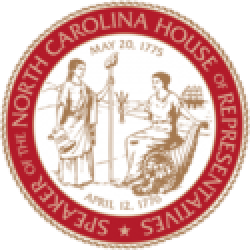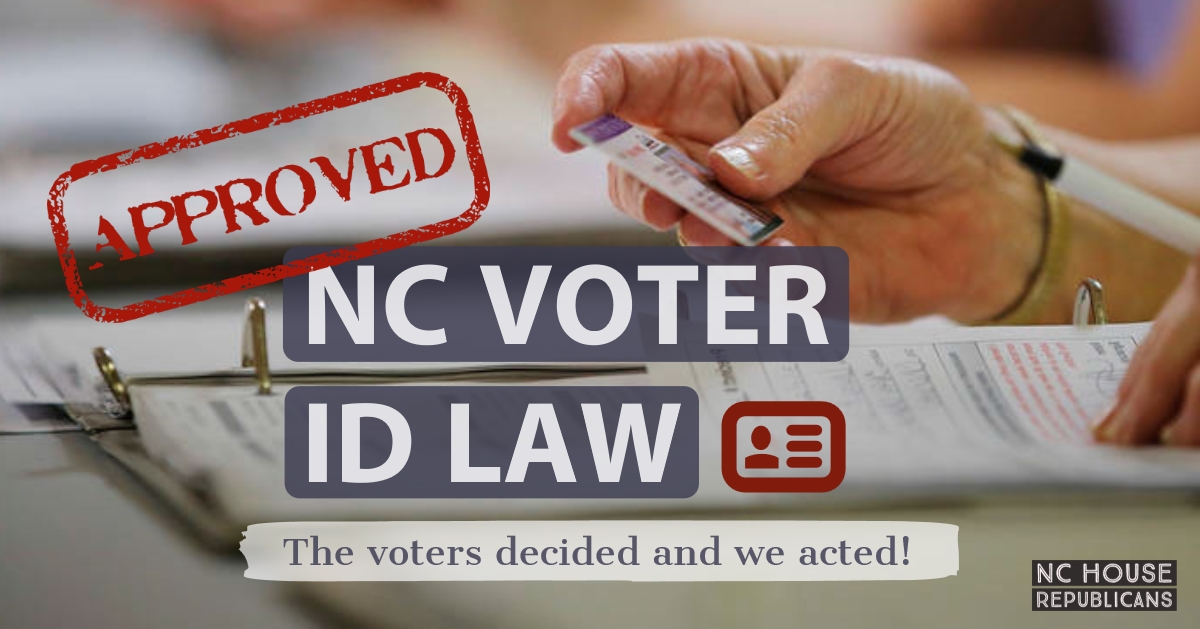UPDATE: The full 4th Circuit Court of Appeals refused to review this decision en banc in a court entry filed on February 8, 2021, a decision Speaker Moore called “another win for North Carolina voters.”
—
This release was originally published December 2, 2020
Raleigh, N.C. – A three-judge panel of the U.S. Court of Appeals for the Fourth Circuit unanimously reversed a lower-court decision to enjoin North Carolina’s voter ID law and constitutional amendment on Wednesday.
Holding that “the district court’s opinion devotes little analysis” to its ruling, the federal appeals court said that “we reverse because of the fundamental legal errors that permeate the opinion.”
A strong majority of states have a voter ID law. North Carolina’s voter ID law is non-strict – any qualified voter can attest to a reasonable impediment to obtaining a qualifying ID and still cast a ballot.
North Carolina’s voter ID law also accommodates religious objectors, provides for free government-issued IDs and accepts drivers’ licenses, passports, military and veteran IDs, student IDs, voter ID cards, as well as state and local government IDs. Drivers’ licenses from other states would even qualify in some circumstances.
North Carolina’s voter ID law applies to absentee ballots as well as in-person voting.
State House Speaker Tim Moore (R-Cleveland), a primary sponsor of North Carolina’s voter ID constitutional amendment approved by voters in 2018, released a statement:
“Now that a federal appeals court has approved North Carolina’s voter ID law and constitutional amendment, they must be implemented for the next election cycle in our state,” Speaker Moore said Wednesday.“If the 2020 elections have taught us anything it is the fact that voting in person with a photo ID is the best way to ensure the integrity of our elections.”
The panel included judges appointed by both President Donald Trump and President Barack Obama.
###


